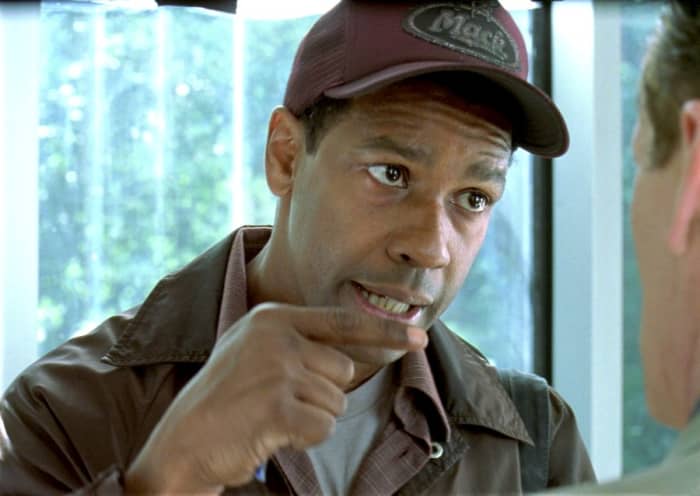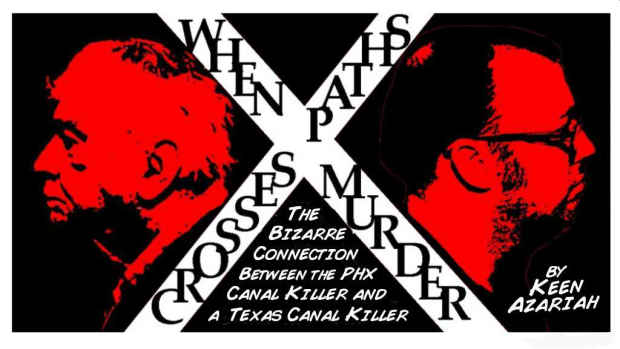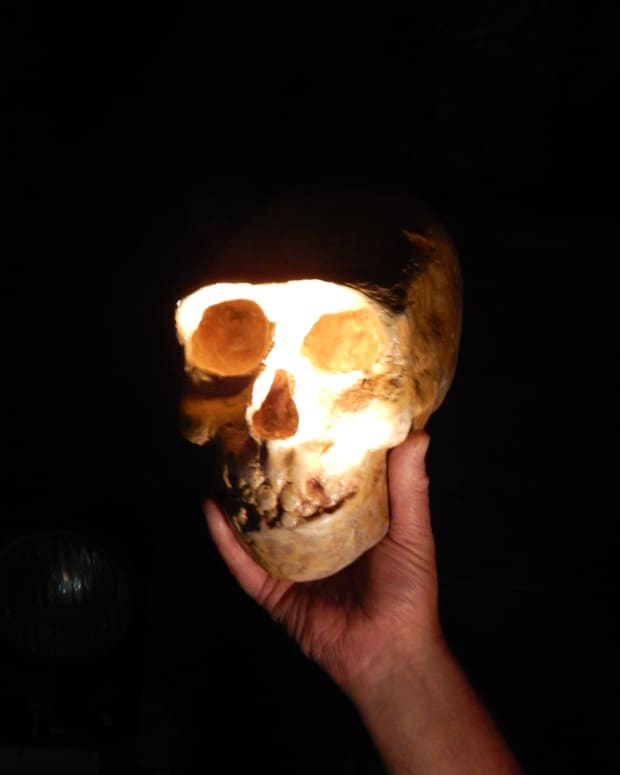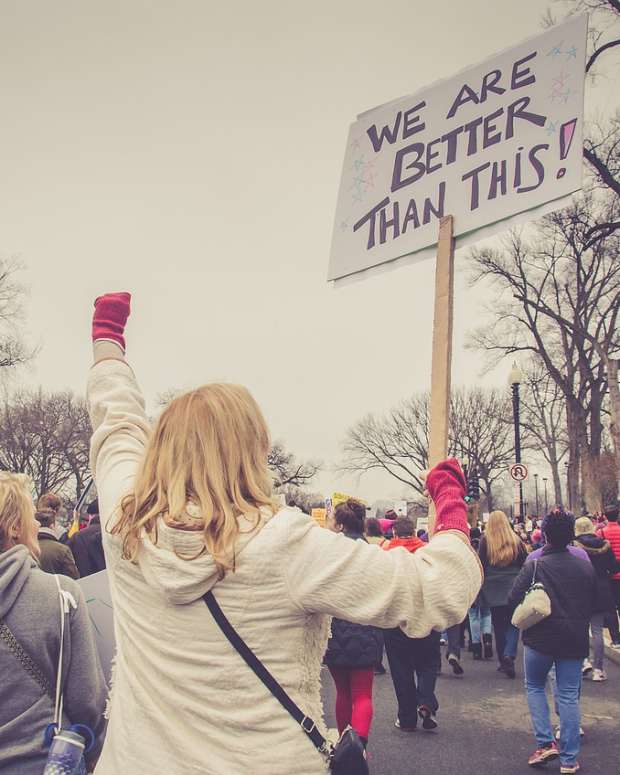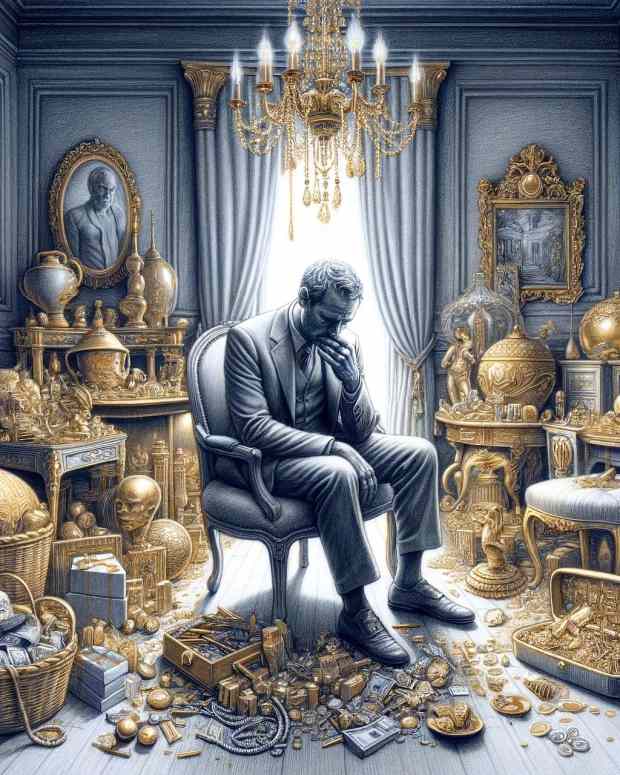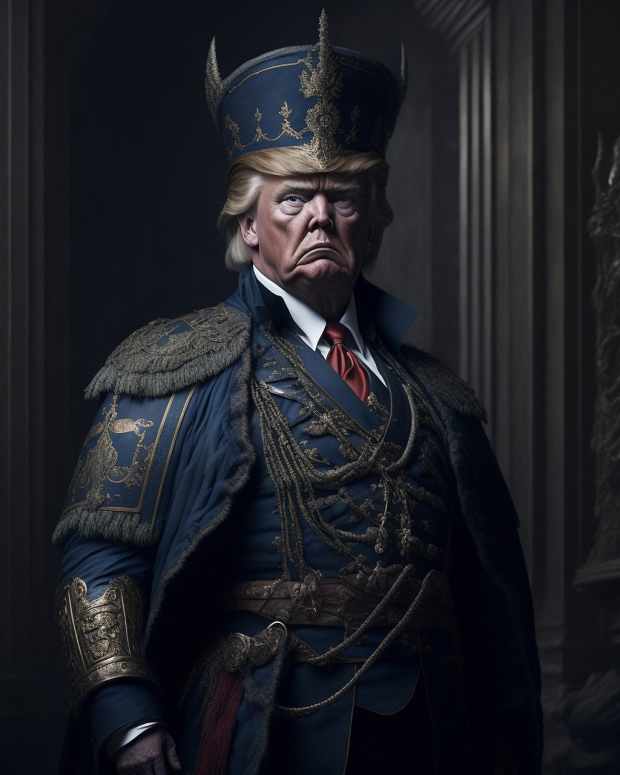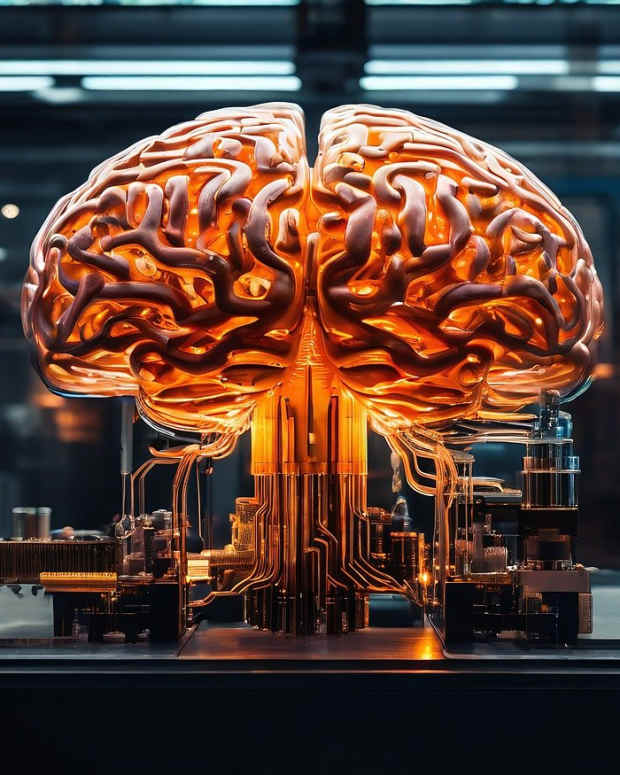John Q Analysis: Ethical & Moral Dilemmas
Introduction
This movie shamelessly delivers a potent tale of parental love and sacrifice smothered by a deafening cacophony of ethical dilemma. Each major character confronts excruciating decisions and must appeal to a code of morals in order to justify his or her actions. Rarely are these choices clear cut and something precious must be sacrificed in each outcome. The father and protagonist, John Archibald (played by Denzel Washington) traverses through the most vexing moral quandaries, pitting his overwhelming duty as a parent against the "greater good" for society. This movie came out in 2002 and continues to cause us to question what is right and what is wrong. John Archibald's example makes us wonder what we would do in the situation and what is truly important to us. We learn how difficult it is to judge the morality of the actions of others.
Role as a father
As a father, John has a moral obligation to do all that he can for the welfare of his son. Duty demands that he provide a better life for Mike than he had for himself. John, a Christian man, understands this and does his best to secure enough hours at his plant in order to adequately provide for his family. He drives Mike to school, visits his little league baseball games, and does his best to support him emotionally and financially. Those needs are drastically increased when Mike's medical condition is discovered; however, John's deontological imperative remains the same: to love, support, and take care of his son.
In this respect, John responds ethically to his moral responsibilities. He takes no thought to consequence and proceeds with motives driven purely by filial obligation. He values his role as a parent and the sanctity of human life above all else. His selfless decision to donate his heart to his son demonstrates that he even values this above a "right" to one's organs. This decision is the only rational (and subsequently condonable) action under these circumstances. As deontology necessitates, actions and laws must be universally applicable. All adherents must be willing to both give and receive. John required no less from others than he was willing to give.
Utilitarianism Viewpoint
John's actions affected much more than just Mike, however. Utilitarianism requires individuals to make choices that will provide the greatest amount of good or pleasure for the greatest number of people. There is no feasible way for John Archibald and his family to ever pay enough taxes on his limited income or enough in insurance premiums to close to covering the necessary costs for Mike's procedure. It would be unjust for them to receive a treatment that they had not paid for. Furthermore, the $250,000 allocated from the private health care facility's funds certainly could be redistributed among hundreds or thousands of other patients. This reallocation of limited resources could allow many other individuals to receive minor procedures for free or reduced costs. They could hire more nurses to shorten wait times or install better medical technology. From this utilitarian viewpoint, it is unjust and immoral for Mike's parents to demand that he be the beneficiary of such an expensive procedure when that money could produce more collective happiness dispersed among the other patients that pass through the hospital.
From this ethical standpoint, John acts irrationally and selfishly. His decisions show a clear inability to see "the greater good". His choices effectively rob the other patients of the ability to have lower costs, better treatment and shorter waits. The borrowed money from friends and neighbors could have also provided much good in their respective lives. His cost/benefit analysis also seems to neglect the distinct possibility that his son will never return to full health.
Conclusion
Ultimately, John act ethically. Corrupt practices within the health care insurance industry eventually led to the violations of many individual's inherent rights. These subtle changes switched the onus of these companies from beneficence to one of maleficence. This blatant disregard of Kant Ethics and duty naturally compels other rational and moral individuals to take more extreme measures to uphold their personal beliefs and live in accordance to their ethical stances.
What do you think?
Other Analysis
- Understanding Poetry: Tips and Advice
Poetry can be extremely confusing. Here are some strategies that may help to understand it. - Literature Analysis: "Catcher in the Rye" - Holden ...
- Literature Analysis: Biblical Themes in "Cry, the Be...


